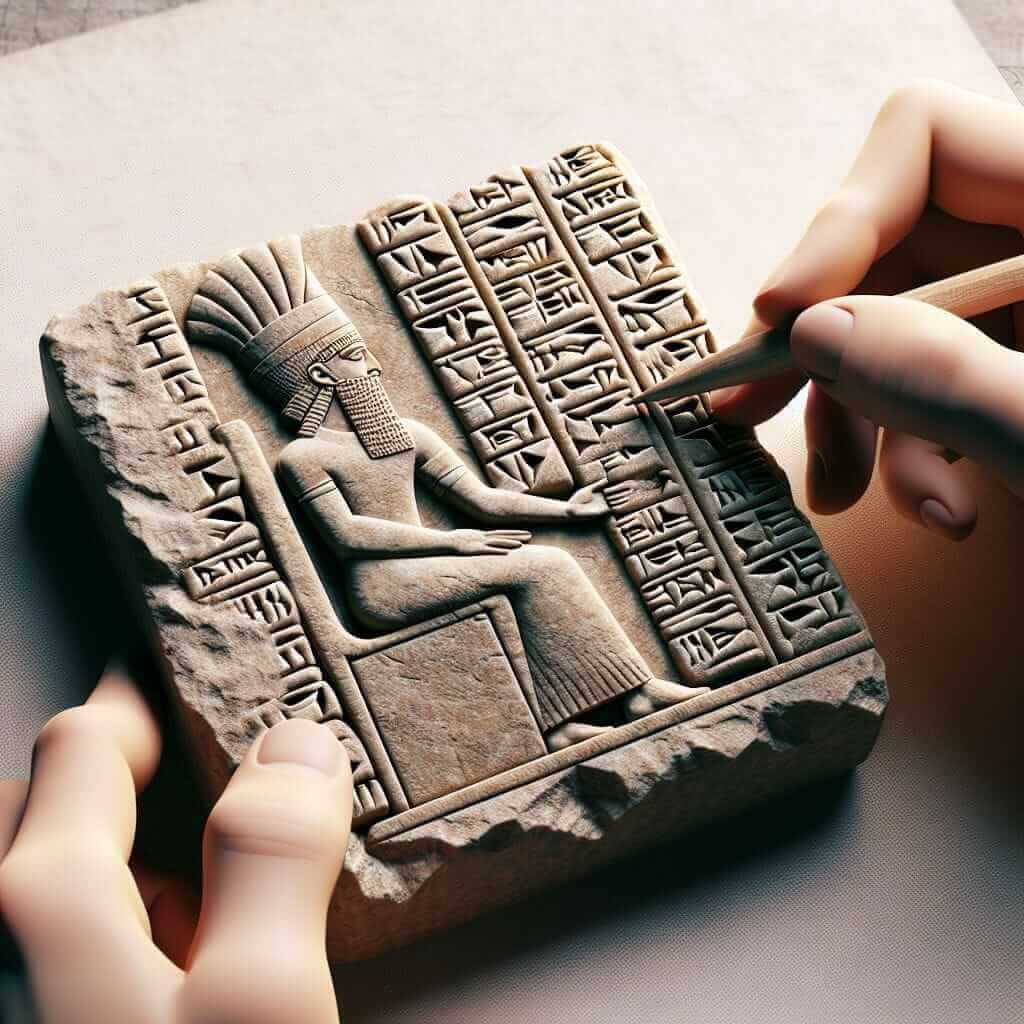The Reading section of the IELTS exam tests your ability to understand textual information, analyze details, and follow logical arguments. Topics related to the historical significance of ancient legal systems frequently appear due to their complex and thought-provoking nature. By practicing with such topics, you can improve your comprehension skills and potentially predict similar topics in future exams.
In this article, we will provide you with a full practice reading test on “Historical significance of ancient legal systems,” including questions and detailed answers. This practice test simulates actual IELTS reading tasks and helps improve your reading comprehension and exam preparedness.
Practice Reading Test: Historical Significance of Ancient Legal Systems
Reading Passage
Historical Significance of Ancient Legal Systems
Ancient legal systems form the bedrock of contemporary law, providing structure, justice, and a framework for societal order. Understanding these systems sheds light on the evolution of jurisprudence and societal governance.
The Code of Hammurabi, originating from ancient Babylon around 1754 BC, is one of the earliest and most complete written legal codes. Its influence extends beyond Babylon, affecting future legal systems. The code’s comprehensive laws, ranging from family matters to trade and punishment, illustrate the complexities of early societies.

Ancient Rome’s influence on modern legal frameworks cannot be overstated. Roman law, particularly the Twelve Tables (c. 450 BC), laid the foundation for Western legal traditions. Concepts like ‘innocent until proven guilty’ and legal representation have roots in Roman jurisprudence.
Similarly, the legal traditions of Ancient Greece, especially those of Athens, provide invaluable insights. The Athenian democracy established laws that governed public and private life, emphasizing participatory governance and equality before the law. Athens’ legislative practices still resonate in today’s democratic institutions.
The ancient Chinese legal system under the Qin Dynasty (221-206 BC) played a crucial role in shaping East Asian legal traditions. Legalism, prioritizing strict adherence to laws, influenced the administrative control and unification efforts of the Qin state, setting precedents that lasted for centuries.
Moreover, Indian legal traditions, as encapsulated in Manusmriti (c. 200 BC – 200 AD), exhibit sophisticated legal philosophy combining laws with ethical and social duties. The intertwining of religion and law in ancient India underscores the cultural and spiritual dimensions of legal systems.
In summary, ancient legal systems have indelibly marked the evolution of modern jurisprudence, offering timeless principles and organizational frameworks. Each system’s historical significance illustrates the universal pursuit of justice, order, and societal well-being.
Questions
Multiple Choice
- Which of the following is NOT mentioned as an influence of Roman law on modern legal systems?
a. The principle of legal representation
b. The concept of ‘innocent until proven guilty’
c. The notion of guilty until proven innocent
d. The Twelve Tables
True/False/Not Given
-
Ancient Greek law emphasized participatory governance and equality before the law.
a. True
b. False
c. Not Given -
The ancient Chinese legal system under the Han Dynasty influenced East Asian legal traditions.
a. True
b. False
c. Not Given
Identifying Information (Yes/No/Not Given)
- The Code of Hammurabi is the only ancient legal system that influenced future laws.
a. Yes
b. No
c. Not Given
Matching Information
-
Match the ancient legal system to its corresponding feature:
- a. The Code of Hammurabi
- b. Roman Law
- c. Athenian Law
- d. Manusmriti
i. Focuses on ethical and social duties
ii. Established participatory governance
iii. Contains comprehensive rules in various societal aspects
iv. Introduced legal representation principles
Answer Keys and Explanations
- 1 (c) – The notion of ‘guilty until proven innocent’ is not mentioned in the passage; the mentioned concepts are all associated with fairer legal procedures.
- 2 (a) – True. Athenian democracy indeed emphasized participatory governance and equality before the law.
- 3 (b) – False. The passage mentions the Qin Dynasty, not the Han Dynasty, as the influencer.
- 4 (b) – No. Multiple ancient legal systems, not just the Code of Hammurabi, have influenced future laws.
- 5 (a-iii, b-iv, c-ii, d-i) – The Code of Hammurabi contains comprehensive rules in various societal aspects, Roman law introduced legal representation principles, Athenian law established participatory governance, and Manusmriti focuses on ethical and social duties.
Common Mistakes to Avoid
- Overlooking Specific Details: Always pay attention to specific time periods, names, and concepts to avoid mismatching or misidentifying information.
- Interpreting ‘Not Given’ Questions: Carefully evaluate if the information is explicitly stated, implied, or entirely absent from the passage.
Vocabulary
- Jurisprudence (noun) /ˌdʒʊərɪsˈpruːdəns/ – The theory or philosophy of law.
- Participatory (adjective) /pɑːrˈtɪsɪpətɔːri/ – Involving or characterized by participation.
- Indelibly (adverb) /ɪnˈdeləbl/ – In a way that cannot be removed or forgotten.
Grammar Focus
- Relative Clauses: E.g., “The Code of Hammurabi, which originated from ancient Babylon, is significant.”
- Passive Voice: E.g., “The principles are still observed in modern legal systems.”
Conclusion
To excel in the IELTS Reading test, regular practice with complex and varied texts is essential. Engaging with topics like the historical significance of ancient legal systems not only broadens your knowledge but also hones critical reading skills. Follow the strategies highlighted in this guide, understand common pitfalls, and incorporate new vocabulary and grammar structures confidently. Good luck on your IELTS preparation!